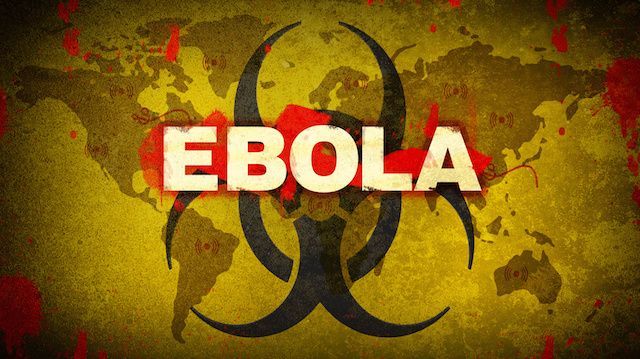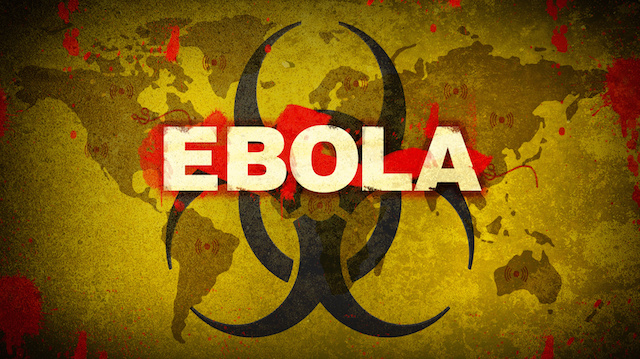
Pauline Cafferkey, a Scottish nurse who survived an Ebola infection last year is back in hospital after it was found that the virus is still present in her body. What is even more worrying, doctors initially failed to identify the virus when she was admitted to an emergency clinic. This could mean other patients at the clinic were exposed to the deadly virus.
Cafferkey is in a serious condition at the Royal Free Hospital in London due to complications from the Ebola virus. At the start of October, she was admitted to the Queen Elizabeth University Hospital in Glasgow, Scotland, before being flown to London via military plane.
This is not Cafferkey’s first time at the Royal Free Hospital in London. In December 2014, she contracted Ebola while volunteering in Sierra Leone and was taken to the London hospital for treatment.
Cafferkey’s family is outraged over the misdiagnosis she received at the Glasgow clinic, when she herself thought the virus may have returned. Her family has openly accused the U.K.’s National Health Service (NHS) staff of failing to diagnose Cafferkey quickly enough.
“We think there have been major failings and we just want her to pull through. This kind of recurrence seems to be rare but we don’t yet know enough about it,” Toni Cafferkey, the victim’s sister, told the Daily Mail. They claim that doctors missed a chance to diagnose the presence of Ebola, and it took a further 24 hours before it was finally recognized.
“We can confirm that Pauline did attend the New Victoria hospital GP out-of-hours service on Monday,” the NHS Glasgow confirmed. “Her management and the clinical decisions taken based on the symptoms she was displaying at the time were entirely appropriate. All appropriate infection control procedures were carried out as part of this episode of care.”
 Cafferkey’s family continues to wait and hope as Pauline battles the Ebola virus once again. Her health is in the hands of the medical staff at the hospital, but how much do doctors and researchers really know about the Ebola virus? It is difficult to comprehend that health-care professionals misdiagnosed the virus in a patient that had already been treated for the deadly virus once before. Her misdiagnosis highlights a larger issue at hand.
Cafferkey’s family continues to wait and hope as Pauline battles the Ebola virus once again. Her health is in the hands of the medical staff at the hospital, but how much do doctors and researchers really know about the Ebola virus? It is difficult to comprehend that health-care professionals misdiagnosed the virus in a patient that had already been treated for the deadly virus once before. Her misdiagnosis highlights a larger issue at hand.
Do we put too much trust in the Westernized health system? Ebola virus signs and symptoms are similar to the flu at first, and they can appear anywhere between two and 21 days after exposure, according to the Centers for Disease Control and Prevention (CDC). But you’d think that doctors would err on the side of caution in a patient who had previously been infected with the virus. Can we trust our doctors to make the right decisions?
Of course, Ebola infections are rare in the U.S. and U.K., but they do occur. It is essential to know your body and understand when something feels a bit off. This intuition can develop from having a more intimate relationship with what you eat and your daily routine.
Invest in your health, from exercise to nutrition, and you will maintain the healthy and happy lifestyle you currently enjoy. If illness does strike, you will know something is not right and seek alternative health options or professional care.
Have you ever experienced a misdiagnosis?
—Stephen Seifert
Stephen Seifert is a writer, professor, adventurer and a health & fitness guru. His flare for travel and outdoor adventure allows him to enjoy culture and traditions different than his own. A healthy diet, routine fitness and constant mental development is the cornerstone to Stephen’s life.
Sources:
http://www.cdc.gov/vhf/ebola/symptoms/index.html
http://www.cdc.gov/vhf/ebola/

